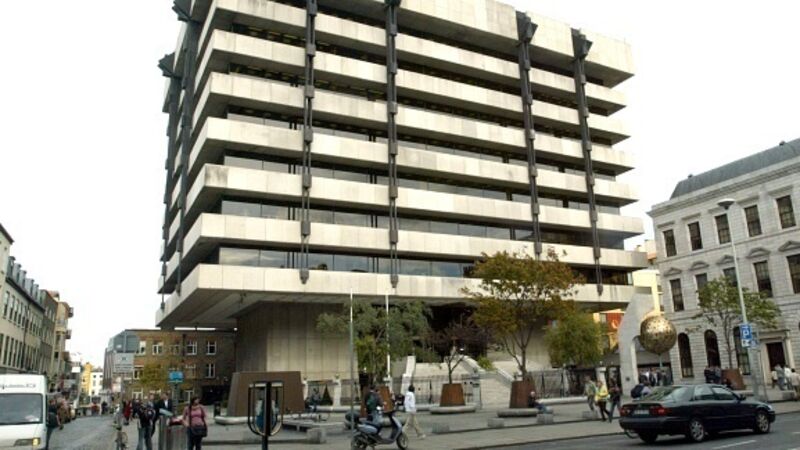Confronting white-collar crime: We need new culture more than new law

Outrage mellows to harmless indignation as quickly as the tide turns; an initial determination, stridently expressed, to hold those indicted “to account” runs into the quagmire that passes for regulation or sanction in this Republic of opportunists.
A throw-the-dog-another-bone tribunal is established. Squadrons of legal professionals line up in a highly-lucrative polonaise. Reports — sometimes redacted — are published.
















